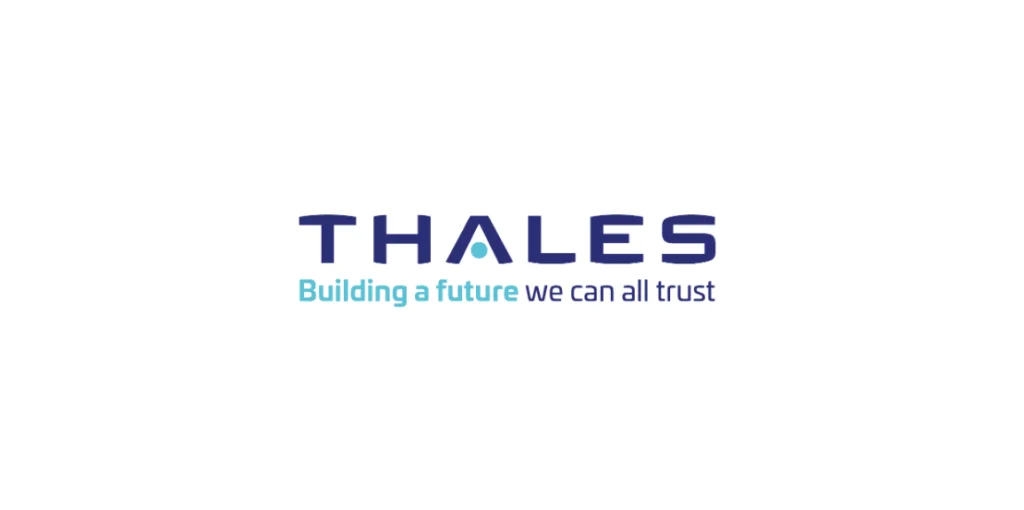Insider Brief
- The Unitary Foundation said the Mozilla Foundation has joined as a Supporting Member, forming a new partnership centered on public-interest approaches to quantum technology.
- The collaboration extends Mozilla’s long-standing work on internet openness into quantum computing, aligning with efforts to apply principles such as transparency and community stewardship to an emerging field.
- The organizations plan to explore public-interest frameworks for quantum systems and will jointly host a 2026 Open Source Fellow to support work on the quantum open-source ecosystem.
The Unitary Foundation said in a blog post that the Mozilla Foundation has joined the organization as a Supporting Member, marking a new partnership between two groups focused on public-interest technology.
Mozilla, best known for its long-running advocacy for an open and accessible internet, will extend its mission into the quantum computing space through the membership. The move reflects a growing trend among digital rights organizations to engage earlier with emerging technologies that could carry significant societal impact.
The Unitary Foundation, which promotes open, transparent, and public-benefit approaches to quantum computing, said the collaboration underscores a shared interest in shaping the early norms of a still-nascent field. Quantum computing, while largely in the research and prototyping stage, is drawing increased attention from governments, industry, and civil-society groups concerned with long-term access, security, and governance.

Leaders at the Unitary Foundation said Mozilla’s involvement brings experience from decades of work on issues such as internet openness, ethical software development, and public-interest standards. They said those areas have parallels in quantum technologies, where questions around access, control, and trust are emerging even before the systems reach widespread deployment.
The organizations will focus on exploring how principles that guided the early internet — openness, transparency and community stewardship — might be applied to quantum computing. While specific joint projects were not disclosed, the Unitary Foundation said the partnership aims to help ensure that future quantum infrastructure is not solely shaped by commercial or national-security interests.
The announcement comes as policymakers and standards bodies around the world debate how quantum technologies should be governed and who will shape the rules. By formalizing this relationship, both groups are positioning themselves to influence early discussion on how quantum systems are built, shared, and ultimately integrated into public and commercial use.
“Mozilla Foundation is a pioneer in demonstrating how open-source principles and community-driven governance can lead to world-changing technology,” said Will Zeng, UF President and CEO. “We are thrilled to partner with them as we scale our work in open-source quantum software, research, and community support. The quantum ecosystem needs to be built on open foundations from day one, and the Foundation’s expertise will be crucial in that mission.”
“Quantum technologies will define the next era of computing, and the principles behind them will shape the world,” said Ziyaad Bhorat, Senior Advisor at Mozilla Foundation. “Partnering with the Unitary Foundation reflects our shared belief that openness must be built in from the start. The future belongs to those who imagine and build it together, and our collaboration is a commitment to ensuring emerging technologies remain rooted in human values. That’s what open source truly means.”
In addition to welcoming them to the membership program, Unitary Foundation reported it is to be partnering with Mozilla Foundation to host a 2026 Open Source Fellow to help advance the quantum OSE.
You can learn more about the fellowship and nominate a colleague (or yourself!) here. Deadline to submit nominations is January 30, 2026.















